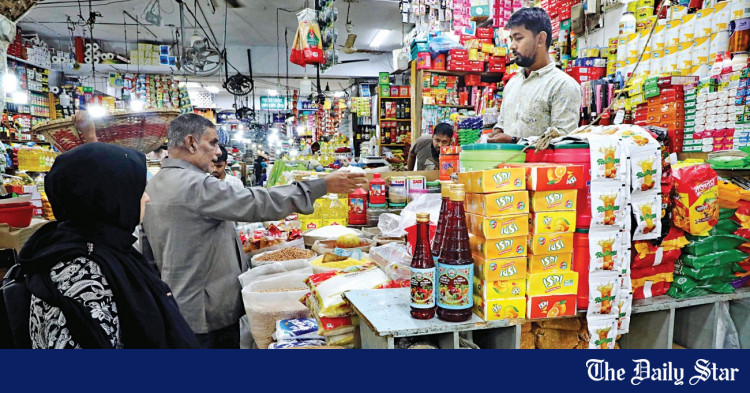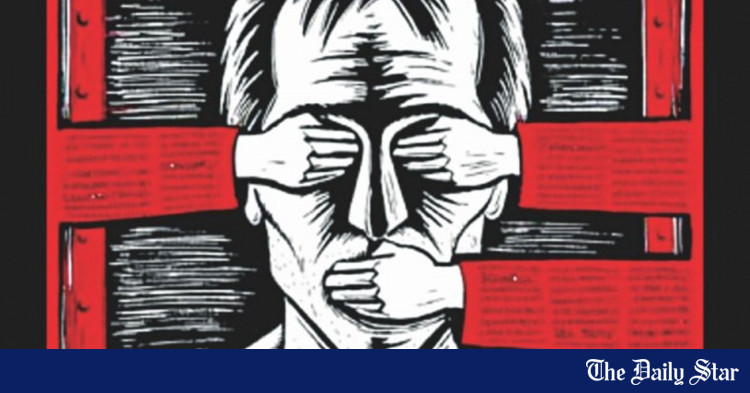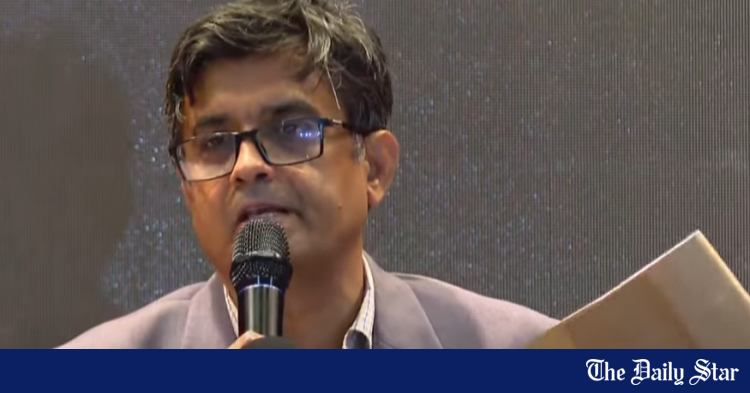Saif
Senior Member
- Messages
- 17,481
- Likes
- 8,438
- Nation

- Residence

- Axis Group


Law adviser to oversee financial, administrative duties at Speaker’s office
Law Adviser Dr Asif Nazrul will look into administrative and financial issues at the Speaker's office of Jatiya Sangsad, said the chief adviser's Press Secretary Shafiqul Alam today
Law adviser to oversee financial, administrative duties at Speaker’s office

Law Adviser Dr Asif Nazrul will look into administrative and financial issues at the Speaker's office of Jatiya Sangsad, said the chief adviser's Press Secretary Shafiqul Alam today.
Shafiqul came up with the updates while briefing the media at Foreign Service Academy on the meeting of the Council of Advisers held with Chief Adviser Prof Muhammad Yunus in the chair.
Alam said the Speaker had financial and administrative duties and now the Speaker's post is vacant.
There is a question of who will do the work related to financial and administrative activities, he said, adding that a decision has been taken that Law Adviser Asif Nazrul will look into it.
Deputy Press Secretaries Aburba Jahangir and Mohammad Abul Kalam Azad Majumder also spoke at the briefing.
Law Adviser Dr Asif Nazrul will look into administrative and financial issues at the Speaker's office of Jatiya Sangsad, said the chief adviser's Press Secretary Shafiqul Alam today.
Shafiqul came up with the updates while briefing the media at Foreign Service Academy on the meeting of the Council of Advisers held with Chief Adviser Prof Muhammad Yunus in the chair.
Alam said the Speaker had financial and administrative duties and now the Speaker's post is vacant.
There is a question of who will do the work related to financial and administrative activities, he said, adding that a decision has been taken that Law Adviser Asif Nazrul will look into it.
Deputy Press Secretaries Aburba Jahangir and Mohammad Abul Kalam Azad Majumder also spoke at the briefing.








